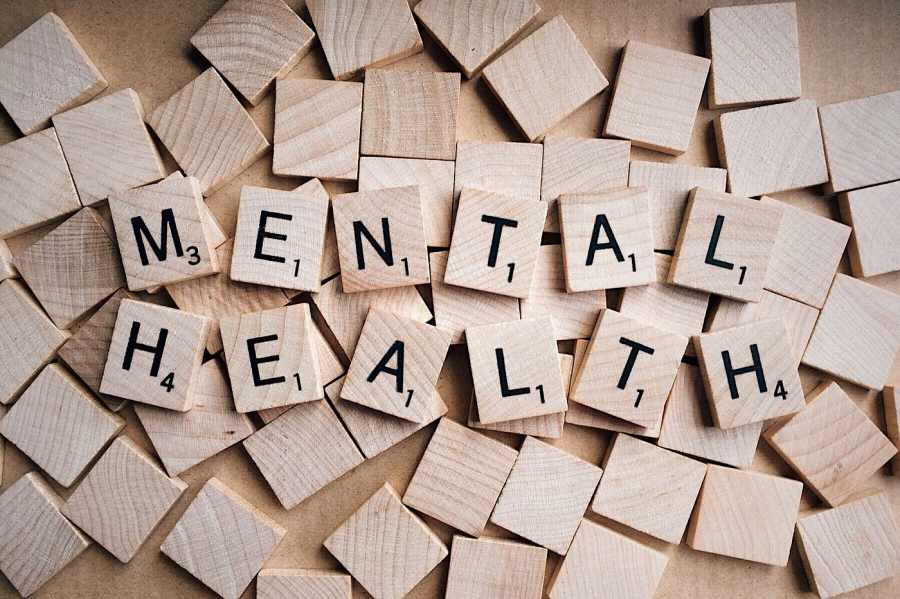

Postpartum Depression: 5 Nutritional Factors to Help You Get Better Infant Blues
 Postpartum depression, or PPD, is a common medical condition that arises after childbirth in many women. Strong postpartum feelings of sadness, worry, and tiredness that persist for a while
Postpartum depression, or PPD, is a common medical condition that arises after childbirth in many women. Strong postpartum feelings of sadness, worry, and tiredness that persist for a while
Though it can happen at any time during the first year of a baby's life, postpartum depression typically manifests itself in the first three weeks after delivery. It makes you feel angry, disillusioned, depressed, and guilty. It's possible that you don't want to bond with or care for your newborn.
Infant Blues vs. Postpartum Depression
"You've probably heard of the 'baby blues,'" explains nutritionist Priya Singhal. That's because feelings of depression, anxiety, or exhaustion are rather prevalent among recently arrived mothers. Postpartum depression differs from the baby blues, even if some of the symptoms are similar.
 Postpartum depression is far more severe and persistent. In first-time mothers and those who have given birth before, it occurs in roughly 15% of births. It may result in extreme mood fluctuations, tiredness, and hopelessness. It may be challenging to take care of yourself or your child due to the intensity of those emotions.
Postpartum depression is far more severe and persistent. In first-time mothers and those who have given birth before, it occurs in roughly 15% of births. It may result in extreme mood fluctuations, tiredness, and hopelessness. It may be challenging to take care of yourself or your child due to the intensity of those emotions.
Nutrients to Help You Feel Better After Giving Birth
 Omega-3: The mother gives her fetus and subsequently her nursing newborn access to omega-3. By supporting the brain's vesicles that transport mood chemicals like serotonin, Omega-3 fatty acid consumption may benefit some women who are susceptible to postpartum depression.
Omega-3: The mother gives her fetus and subsequently her nursing newborn access to omega-3. By supporting the brain's vesicles that transport mood chemicals like serotonin, Omega-3 fatty acid consumption may benefit some women who are susceptible to postpartum depression.
Magnesium: Your body needs more magnesium during lactation, along with a variety of other nutrients. When nursing, your body will transfer mineral stores to the baby instead of using them for your own tissues and bones, such as magnesium stores. Magnesium can also relax your nervous system, which frequently eliminates worry and fear.
Zinc: Taste and smell perceptions also require zinc. The body need zinc for healthy growth and development during pregnancy, infancy, and childhood. Moreover, zinc improves how well insulin functions. This raises mood and facilitates greater nutrient absorption.
Melatonin: The body naturally produces it at night and stops at dawn. The hormone that tells the brain when to go to sleep and get up, also known as pineal hormone, controls the body's sleep-wake cycle. Mothers who are unable to fall asleep, or who suffer from insomnia, are deficient in melatonin.
It's important to treat postpartum depression seriously. Although it is a severe illness, it is treatable with the appropriate diet and lifestyle choices.
Options for Treatment and Recovery:
 Therapy: Psychotherapy (CBT or IPT) offers a secure environment for talking about feelings and concerns while also assisting in the management of PPD symptoms and the development of coping mechanisms.
Therapy: Psychotherapy (CBT or IPT) offers a secure environment for talking about feelings and concerns while also assisting in the management of PPD symptoms and the development of coping mechanisms.
Medication: Antidepressants, when taken as prescribed by a doctor, can help reduce symptoms of post-traumatic depression (PPD), frequently in addition to treatment, and assist reestablish emotional equilibrium.
Support Teams: These support groups give new mothers a sense of connection and empathy, and they're a great place for them to vent about their difficulties and pick up insightful advice from other mothers.
Self-Care: Make self-care a priority by making time for physical activity, a healthy diet, rest, and relaxation methods to enhance mental health and advance general wellbeing while undergoing treatment.
Thanks for reading this guys.
Self care is wealth. Everyone care about yourself so then only care for your family and all.
Please give your remarks to improve my writings also. stay for next blog.
Bye guys, love you all
